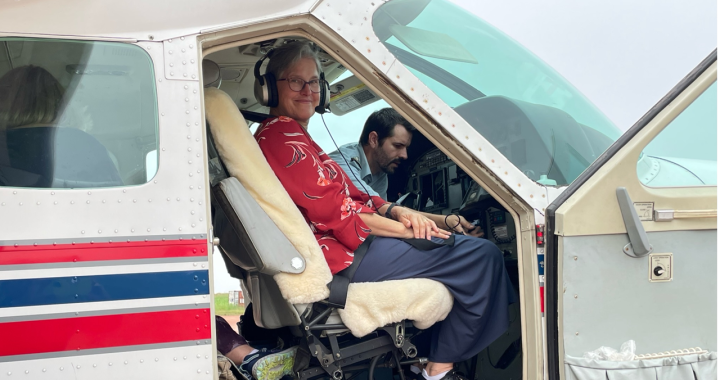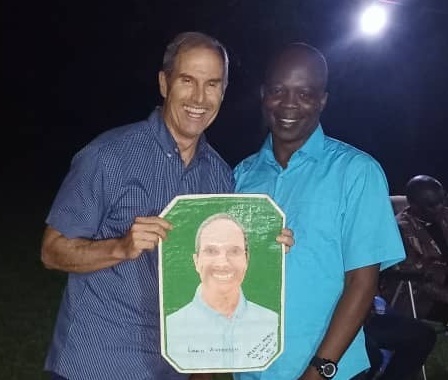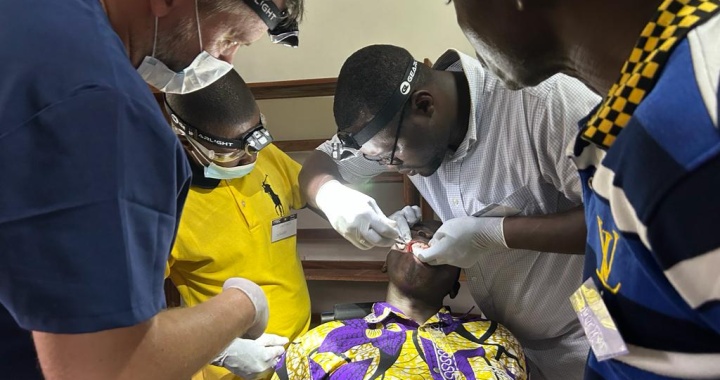by Flory Buki
Manager of Sourcing and Contracting at Swedish Covenant Hospital, PCP Board Member, and PCP Medical Ambassador
From May 19 to May 26, I joined the Paul Carlson Partnership (PCP) team on a trip to the Democratic Republic of Congo, particularly to Karawa. The purpose of my trip was to hold a three-day seminar with the Karawa Hospital team to discuss issues related to supply chain and hospital logistics management for the hospital, and brainstorm solutions together.
The idea for this training program started in June 2016, when I took a trip to Karawa and Loko to discuss processes and improvement opportunities with the CEUM healthcare leaders. Whereas that trip focused more on learning the administration of Karawa and Loko hospitals, both teams noted that managing their pharmaceuticals and supplies are major challenges, second only to their staffing and salary issues. Given my experience and background in hospital supply chain management, the easiest issue to tackle was the one I could impact the most: making sure that there are supplies and drugs on the shelves at affordable prices.
One of the most important tasks when I travel to Congo is sharing the news of Jesus Christ! President Mboka (the CEUM President) asked me to preach at the Bokonzo parish to on May 20. It was a great service, and I am grateful that God used me to share His news that day.
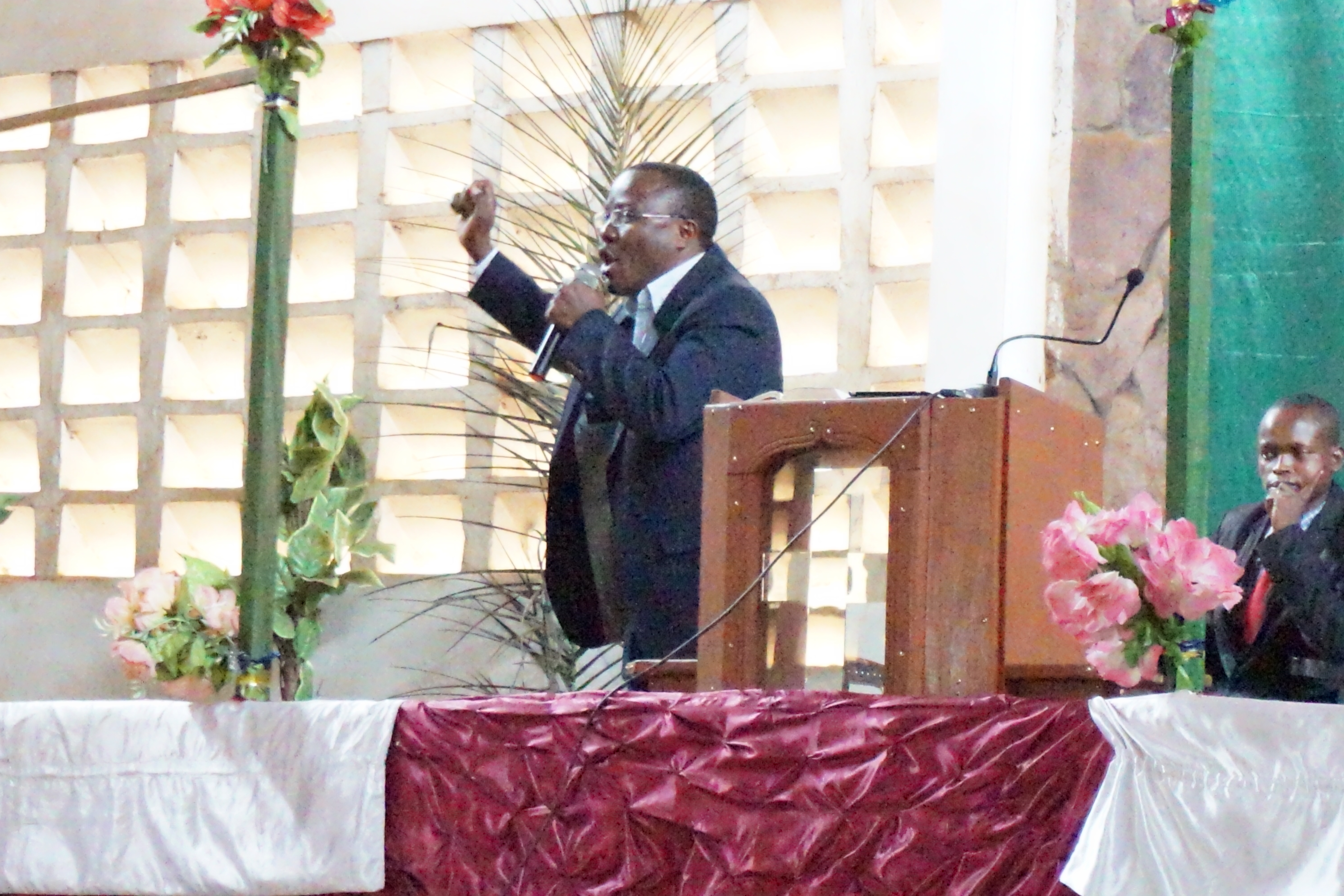
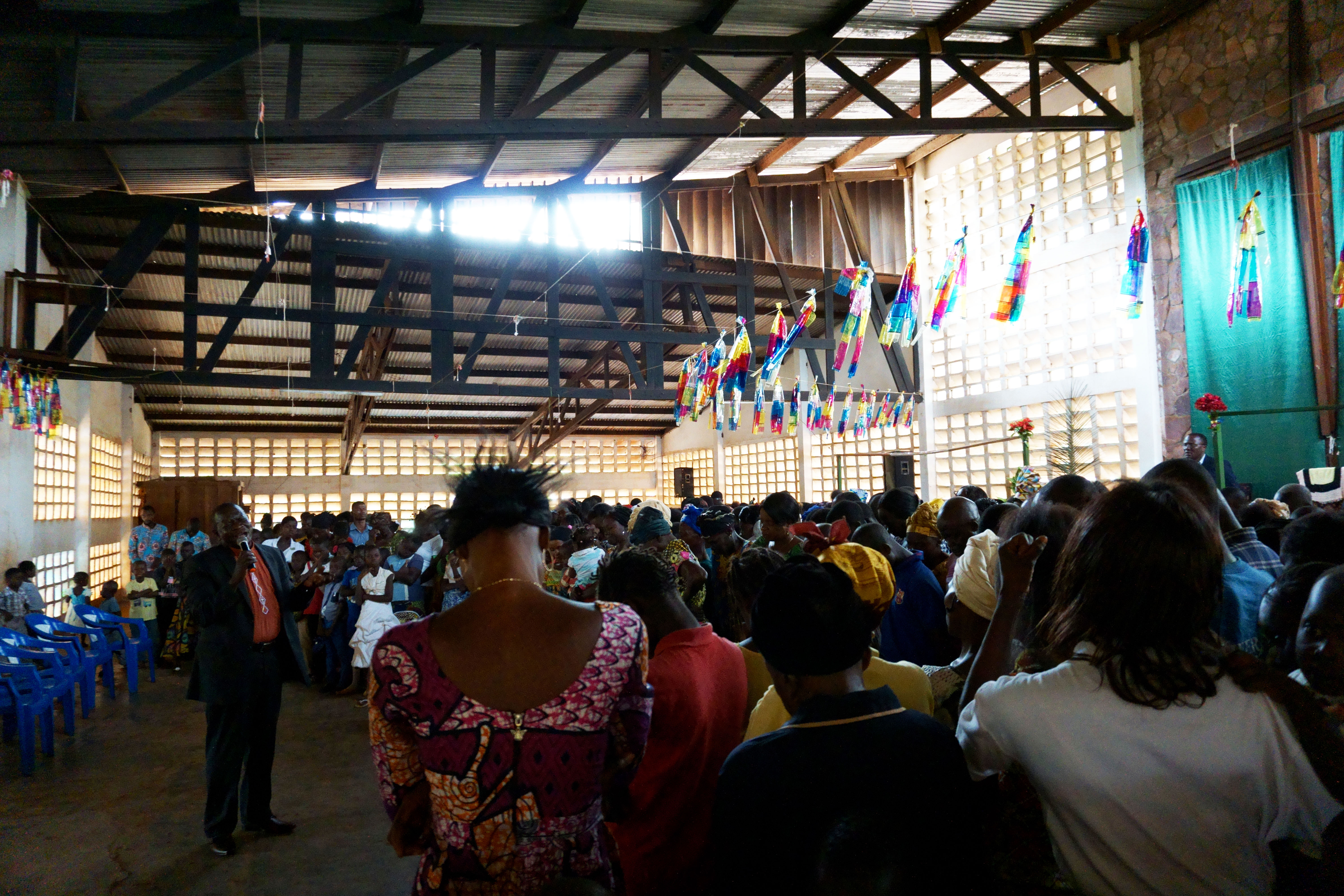
The next day, alongside the PCP team, we visited the Karawa Coffee Project sites between Gemena and Karawa. It was a great experience to see how coffee can rally communities and bring them together. It was also my opportunity to discover more about Renée Hale (Executive Director of PCP), Craig Anderson (PCP Director of Medical and Health Programs) and Becky Dangel (PCP Marketing Manager). On our first stop, Renée gave a speech to the planters where she used the analogy of a stool with three legs. Renée explained that the three partners in the coffee project (PCP, CEUM, and Cafe Africa) are each a leg of the stool, and that if one leg breaks, the stool will not stand. It was fascinating for me as a Congolese to hear that, and the planters also found it compelling. The interactions of PCP staff and their partners in Congo was impeccable and engaging: there was trust, openness, celebration, and friendship.
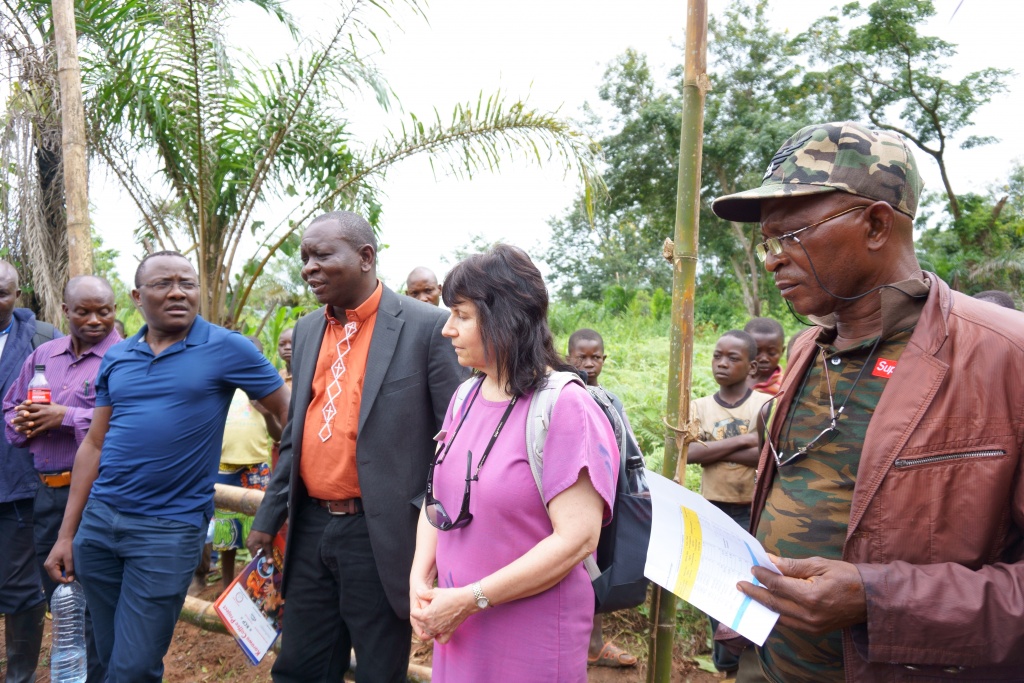
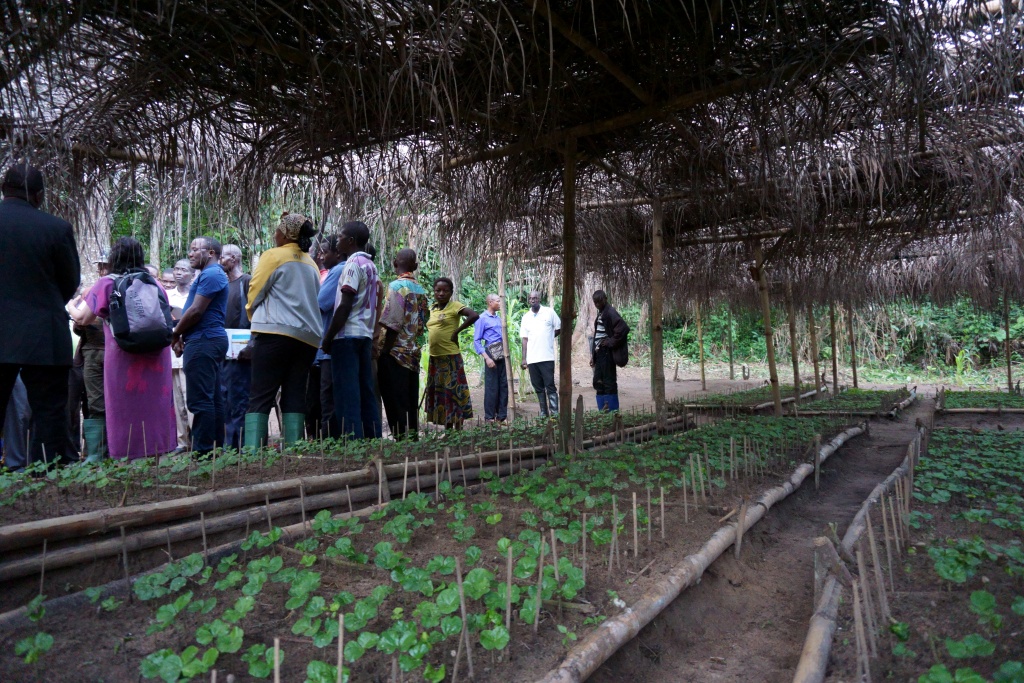
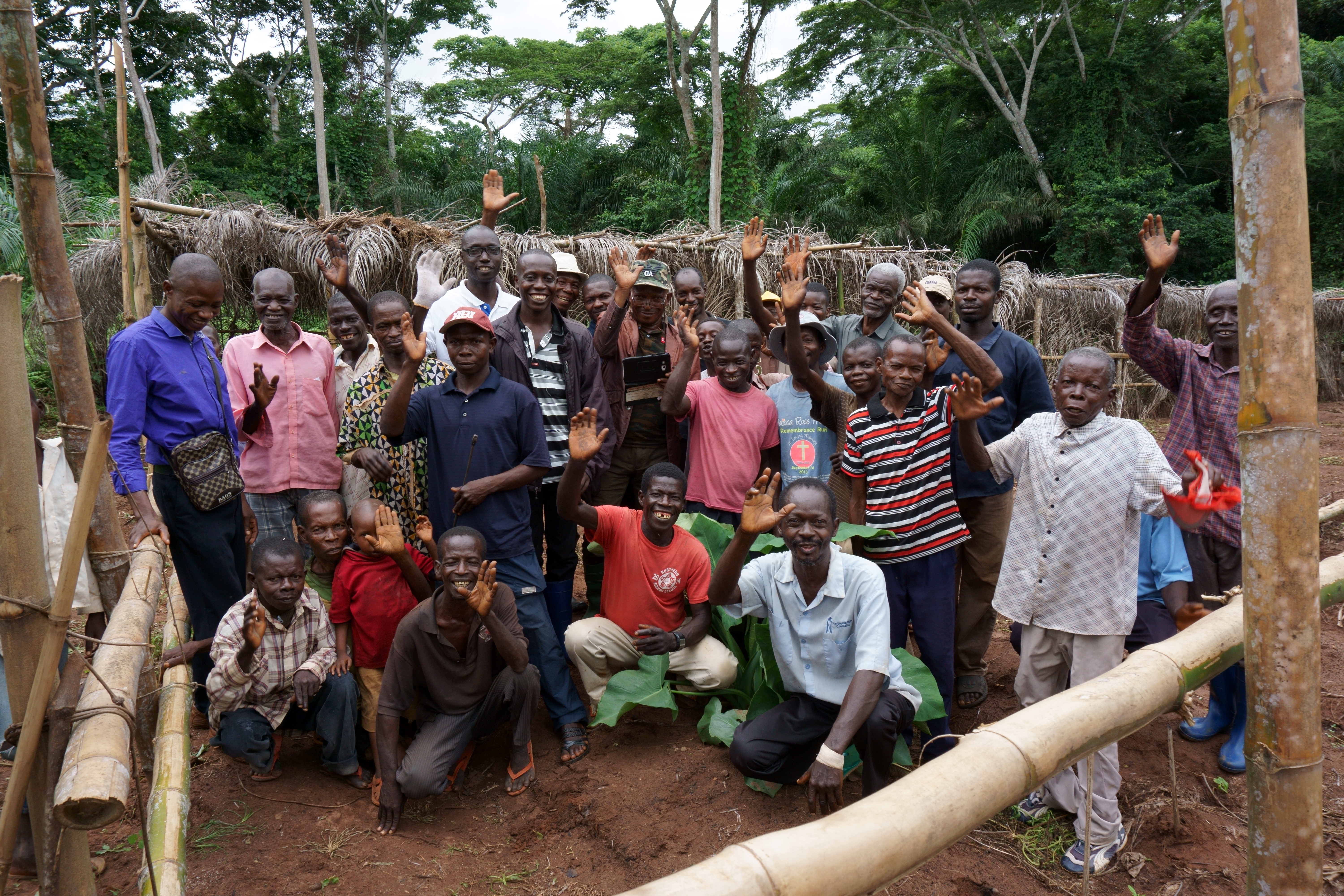
On Tuesday in Karawa, we started our first day of Supply Chain Management training and discussions. We had sixteen participants total. We were blessed to have Sheryl Noren with us as well. She is the Serve Globally missionary who has spent a significant amount of time improving the supply chain and logistics in the CEUM health zones. I started our team with a devotion every morning and closed with prayer.
Our lessons were based on the PDSA cycle (Plan, Do, Study, and Act). The PDSA Cycle model was developed by Dr. W. Edwards Deming in 1950 to help Japanese companies improve their quality in order to be competitive in foreign markets. This method has served many American healthcare systems as well as many companies within various industries in managing every aspect of their delivery systems. The PDSA cycle emphasizes the prevention of error recurrence by establishing standards and on-going modification of those standards.
We worked in 4 different groups. Each group was composed of a doctor, a nurse, a logistician, and an AG (Administrateur General). Watching the groups discuss and brainstorm was the most intriguing part of our sessions. They were focused and worked hard to achieve the assigned objective: to develop recommendations and practical topics to work on over the next year to improve the supply chain and logistics management processes in their healthcare system.
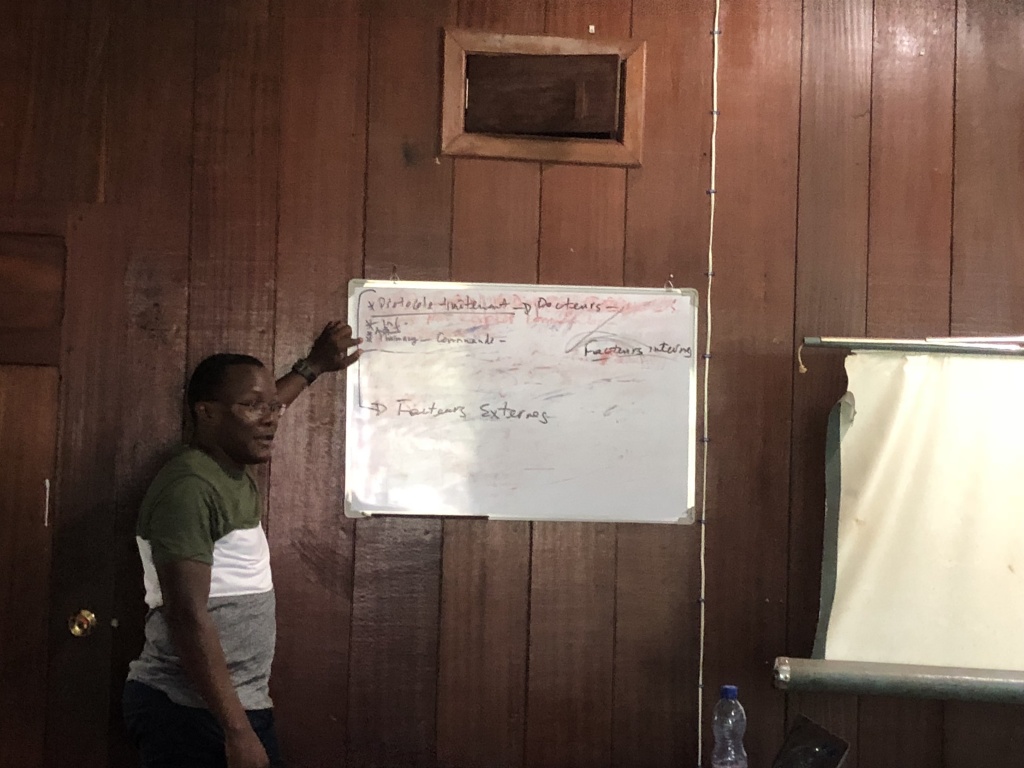
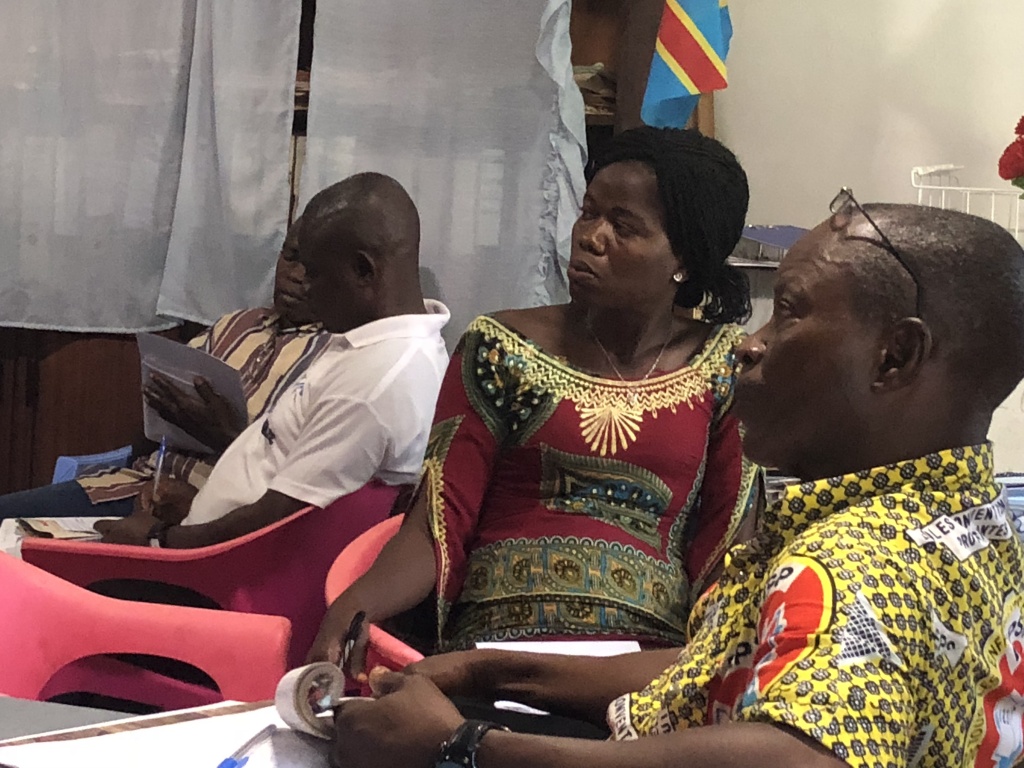
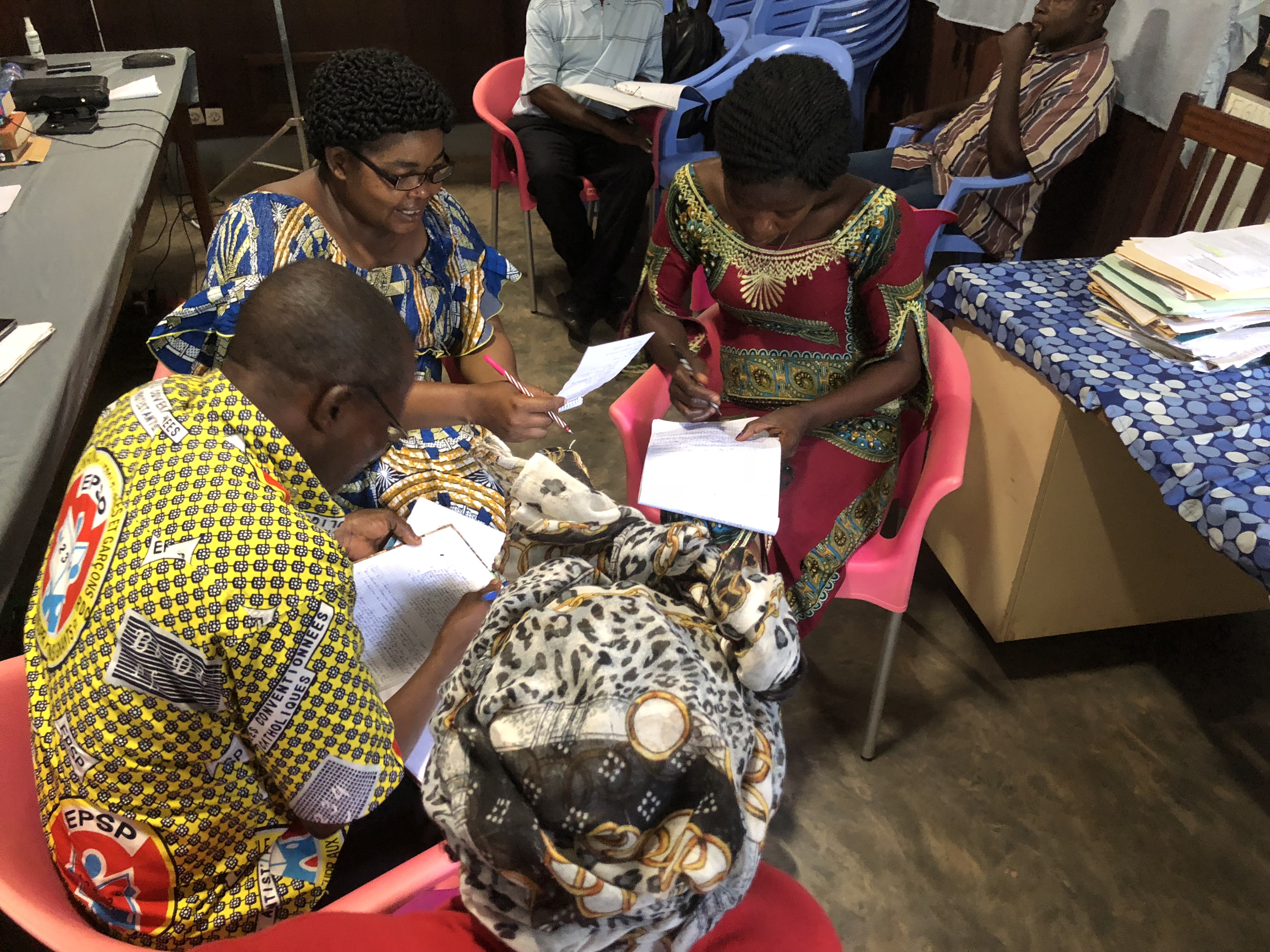
The sessions were full of inspiration and were a learning experience for me. I did not come to Karawa to teach; I came with an open mind to learn and to facilitate a conversation among healthcare professionals, who had more than 100 years of experience combined. It was easy to see the results because on the last day, the team came up with strong recommendations on:
- Improving the communication across departments to better manage the budget and to ensure availability of financial resources needed to care for patients;
- Set up systems to prevent misplacement or loss. It was brought up that some medicines and supplies disappear quite a bit from theft. The teams believed that the best way to improve this is through evangelism and sharing of the gospel, which I thought was an interesting way of providing a solution to a corruption issue.
- The teams chose to create a commission whose responsibility will be to manage the process of introducing new drugs, supplies, policies, etc. for Karawa Hospital. This team will help align the physicians’ preferences, which will reduce costs. The teams took the occasion to elect Mr. Jean Kandadumu (AG Health Zone Karawa) as the President, Dr. Celestin Deambi Baivola (Karawa Medical Director) as the Vice-President, and Mr. Martin Waza (Karawa Nursing Supervisor) as the Secretary. Finally, the teams believed that all participants of the training should be members of the commission.
- The team will meet once a month to work on the top three topics mentioned, and the meetings dates are already set. Craig and I will receive a copy of the report of their activities over the next 12 months.
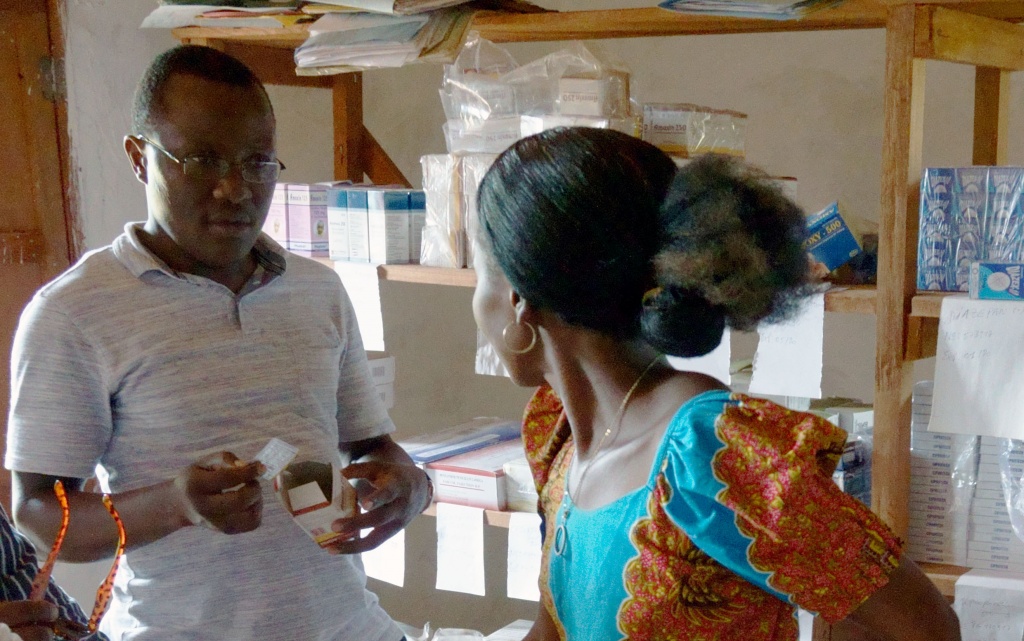
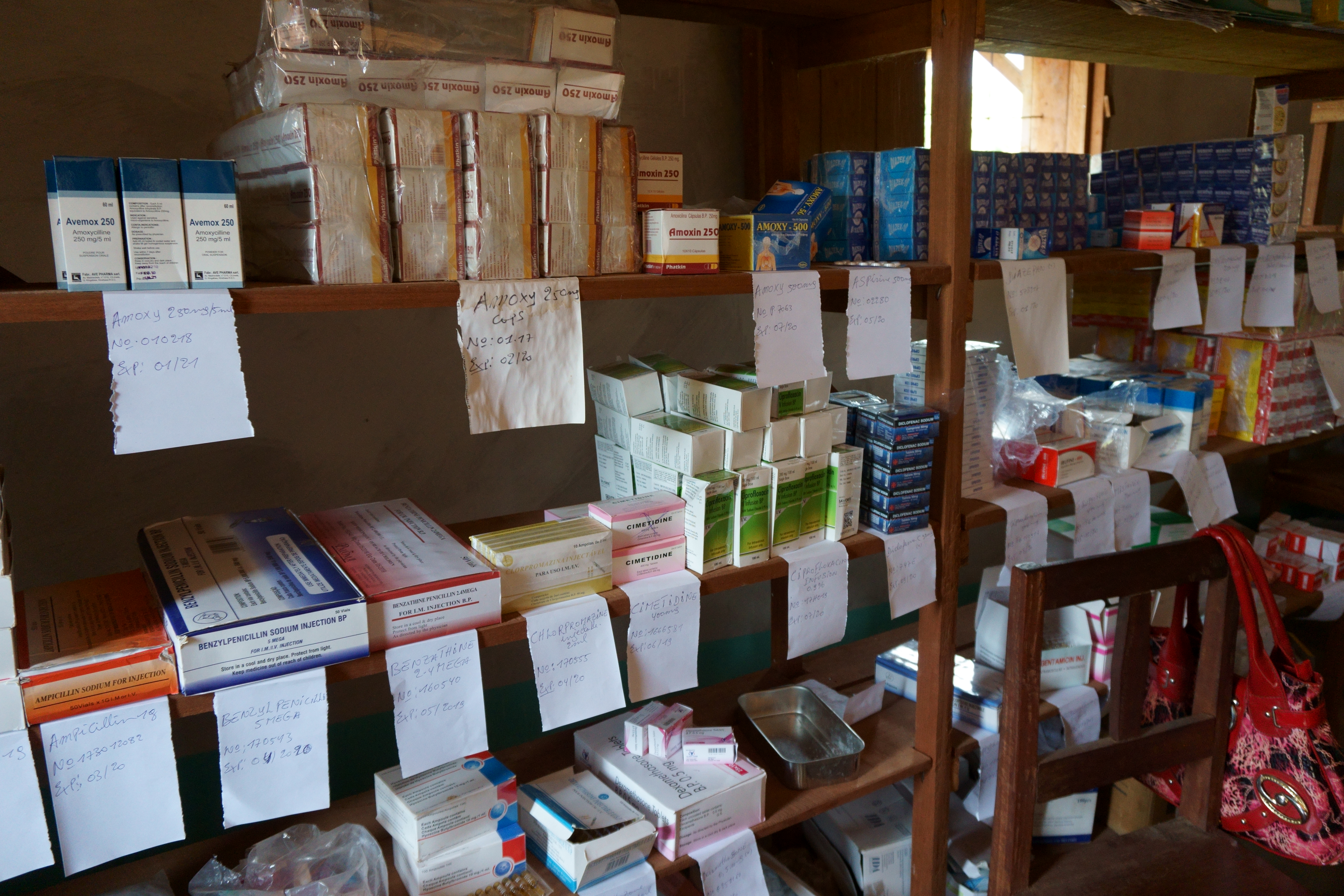
After our training was finished, the PCP team (minus Craig, who went to Wasolo Hospital) and myself drove back to Gemena. On Friday, I had an opportunity to travel with Renée and Becky to Bogose-Nubea. It was another great experience because the topic of our discussions at Karawa Hospital was already being practiced at Bogose-Nubea. The pharmacist has a very defined and clear process around the healthcare supply chain and logistics management. It was fascinating to see! The very next day, our team left Karawa for Kinshasa.
Special thanks to my wife and children for allowing the time away from home, and to friends who contributed financially to make the trip possible. Thanks to the PCP staff and PCP Board for the diverse contributions for a successful trip.
If you would like to support more training programs like this in Congo, please give to the PCP Medical Ambassadors fund.
